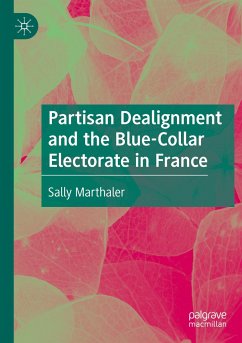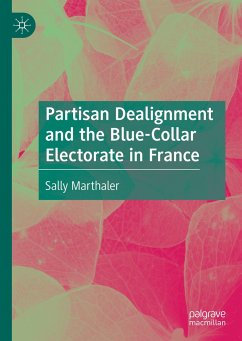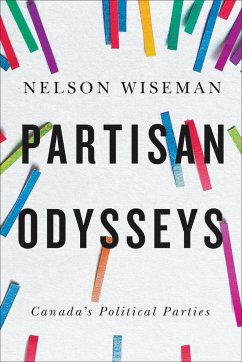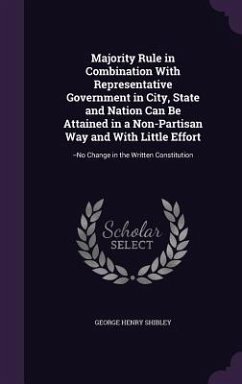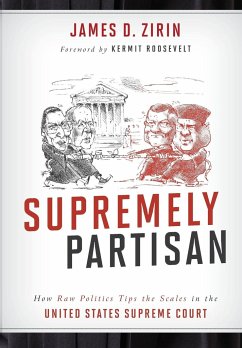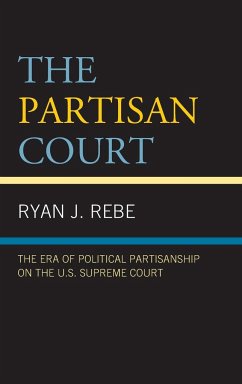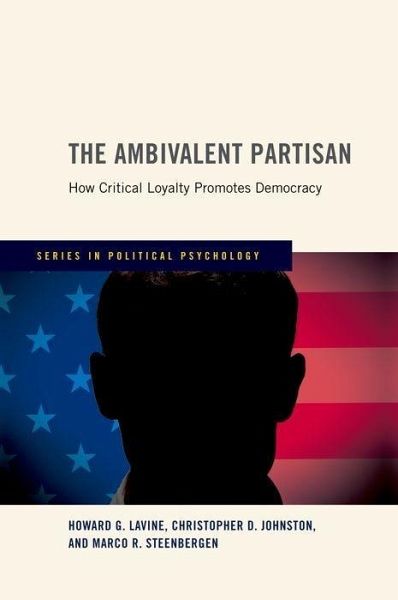
Ambivalent Partisan
How Critical Loyalty Promotes Democracy
Versandkostenfrei!
Versandfertig in 1-2 Wochen

PAYBACK Punkte
58 °P sammeln!




The authors of this book demonstrate that compared to other citizens, ambivalent partisans perceive the political world accurately, form their policy preferences in a principled manner, and communicate those preferences by making issues an important component of their electoral decisions.
Howard Lavine is Arleen C. Carlson Associate Professor of Political Science at the University of Minnesota. He is the 2004 winner of the Erik H. Erikson Award for Early Career Research Achievement in Political Psychology (from the International Society of Political Psychology), former co-editor of the journal Political Psychology, past president of the Political Psychology Organized Section of the American Political Science Association, and editor of Advances in Political Psychology and Routledge Studies in Political Psychology. He has published in the American Political Science Review, American Journal of Political Science, Journal of Personality and Social Psychology, Journal of Experimental Social Psychology, and Political Analysis, among other publications. Christopher D. Johnston is Assistant Professor of Political Science at Duke University. He specializes in the study of public opinion and political psychology with a focus on motivational processes in the formation of political preferences. His research has been published in the American Journal of Political Science, Public Opinion Quarterly, Political Psychology, and State Politics and Policy Quarterly. Marco R. Steenbergen is Professor of Political Methodology at the University of Zurich. Apart from specializing in quantitative political analysis, he is also a specialist in political psychology, with a substantive focus on political behavior in Europe and the United States. He is co-author of Deliberative Politics in Action, and his articles have appeared in the American Political Science Review, American Journal of Political Science, Political Analysis, and Political Psychology, among other publications.
Produktdetails
- Verlag: OUP US
- Seitenzahl: 320
- Erscheinungstermin: 13. November 2012
- Englisch
- Abmessung: 240mm x 161mm x 22mm
- Gewicht: 646g
- ISBN-13: 9780199772759
- ISBN-10: 0199772754
- Artikelnr.: 39123771
Herstellerkennzeichnung
Libri GmbH
Europaallee 1
36244 Bad Hersfeld
gpsr@libri.de
Für dieses Produkt wurde noch keine Bewertung abgegeben. Wir würden uns sehr freuen, wenn du die erste Bewertung schreibst!
Eine Bewertung schreiben
Eine Bewertung schreiben
Andere Kunden interessierten sich für


